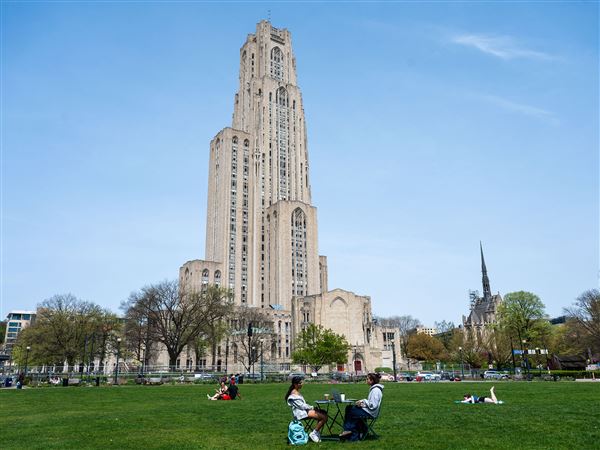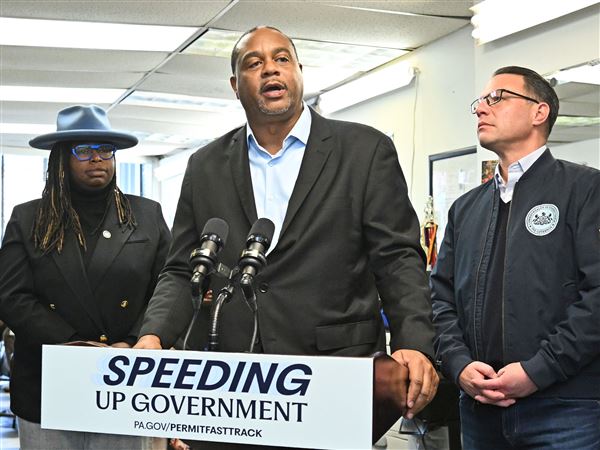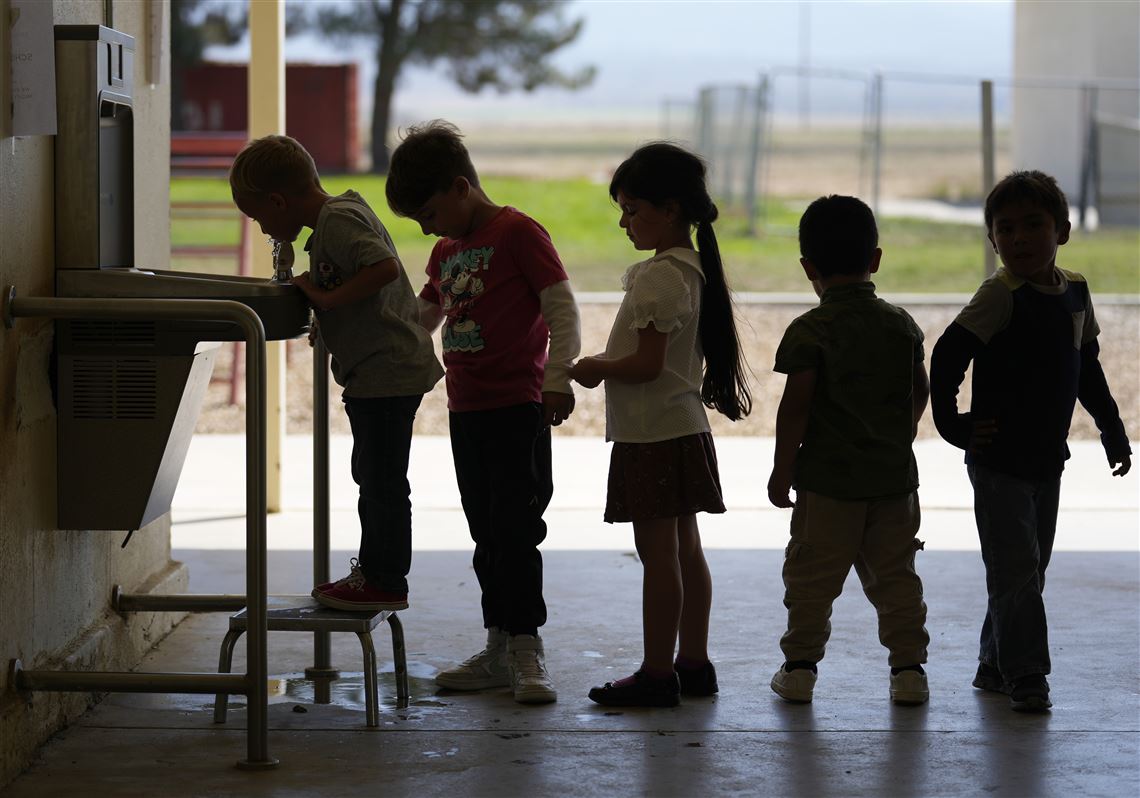Would you knowingly entrust your child’s health to an unqualified doctor? Of course not. Just as parents won’t send their child to an unqualified doctor, they won’t choose to send their child to an unqualified school when a better option is available.
When the prognosis for your child’s educational future is deemed critical, Educational Improvement Tax Credit (EITC) and Opportunity Scholarship Tax Credit (OSTC) programs serve as lifelines, prescribed to enhance educational prospects, early learning opportunities and vital support during afterschool hours and summer breaks.
Educational alternatives
Pennsylvania families who lack the means to explore alternatives or supplements to public education struggle to balance their financial constraints with their desire to seek the optimal learning environment for their children. EITC- and OSTC-funded scholarships, which do not jeopardize public education funding, empower families to choose schools and educational opportunities that best fit their children’s aspirations and individual needs.
These initiatives are vital lifelines, supporting low-income families and those in the middle-income bracket who live just above assistance thresholds but struggle to afford childcare. For low-income families, they provide much-needed support, while for those just above assistance limits, they bridge the affordability gap for childcare. The year-round availability of these programs enables these parents to work full-time jobs to sustain their families.
Educational improvement and opportunity scholarships transcend economic boundaries and extend far beyond scholarships to private schools. These funds provide the foundation of after-school programs, Pre-K and early education initiatives, summer learning camps, and youth programming in libraries.
These indispensable programs provide safe and engaging environments for children of all ages to augment educational skills, stimulate their imagination and foster their confidence to succeed.
Funding choice
Educational improvement organizations offering these programs operate with limited funds. Unlike other revenue streams, 100% of the EITC and OSTC funds are used directly for children’s programming.
The EITC and OSTC funds they receive constitute a substantial portion, up to 80%, of their children’s programming budgets. Rising costs due to inflation pose a threat to these programs, making continued funding particularly crucial, as it not only sustains existing programs, but it allows expansion to meet growing demand.
There exists a waiting list of companies and individuals eager to contribute directly to local educational organizations and students. The current cap on contributions stifles the generosity of those willing to invest in Pennsylvania’s future and denies hope to those students striving for a brighter future.
While 77,640 K-12 scholarships were awarded during the 2021-22 school year, more than 63,000 student scholarship applications went unfunded due to the arbitrary program cap.
Thankfully, last month, the governor signed into law an additional $150 million investment in educational improvement and opportunity scholarships, unlocking educational choice for more families and opportunities for more children across our Commonwealth.
Considerable advantages
Sustaining and expanding these educational programs will provide considerable advantages for the children of Pennsylvania, leading to increased social interactions, opportunities to explore and develop new skills, and to strengthen academic skills and knowledge over the summer break. Furthermore, families relying on these services can breathe a sigh of relief, having escaped the challenging dilemma of balancing the potential loss of childcare or scholarships with their household stability and financial independence.
Educational Improvement Tax Credit and Opportunity Scholarship Tax Credit programs allow us to bestow choice to families and a lifeline to the children of Pennsylvania — providing new opportunities, restoring their dreams, and reigniting their hope for a brighter future.
Joshua Kail represents the 15th Legislative District in the Pennsylvania House of Representatives.
First Published: January 24, 2024, 10:30 a.m.

















